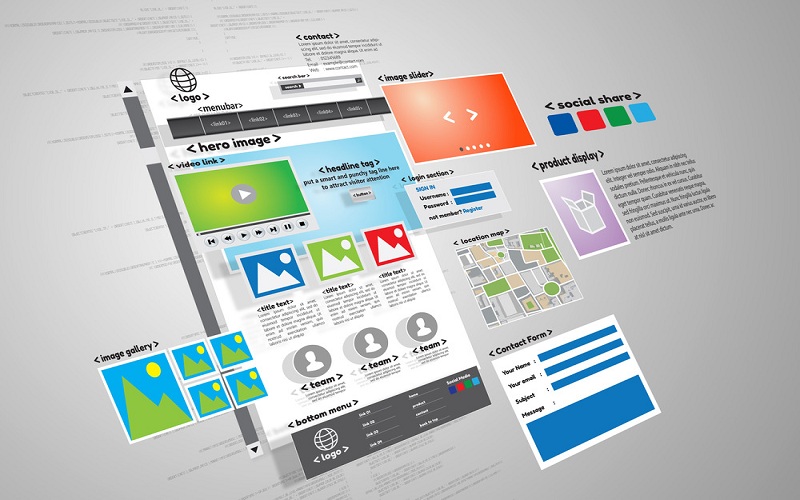Content marketing is the big thing in digital marketing right now. This is not an accident. Content has become a powerful marketing tool thanks to advanced search algorithms that are fully capable of filtering out junk. Yet despite all we know about search engines and quality content, small businesses continue to make one very big mistake with their content.
That mistake is requiring that all on-site content be directly related to selling the company’s products and services. I call such content ‘hard-sell’ content.
There is a simple reason explaining why hard-sell content isn’t always the best option: a website’s visitors are not always looking to buy. Sometimes they just want an answer to a simple question. Sometimes they want to learn to do something for themselves. A website that features only hard-sell content is one that needlessly turns away potential future customers.
Helping Seniors Stay in Their Homes
The Content Marketing Institute does a good job of explaining how to reach customers with content that isn’t directly related to a company’s products or services. One of the examples they cite on their website is explaining how to help seniors stay in their homes as they age. The content is produced by a company that specializes in financial products for retirement.
“Aging in place”, as the company calls it, has little to do with IRAs and 401k accounts. It has little to do with investing in the stock market. But the company’s biggest target audience consists of older people who are thinking about the implications of remaining in their homes as they age.
By creating content around this topic, the company appeals to its customers as a trusted source of helpful information. That trust goes a long way when those same customers need help with financial planning, product research, and so forth. The company effectively markets with the content without constantly trying to hard-sell their products.
Self-Promotion Can Be Gauche
As a professional content creator, I have worked with clients who were uncompromising on their insistence that every blog post be directly related to products or services. One particular client insisted that a product be mentioned and promoted in every post. Guess what? That kind of self-promotion can be gauche. Customers do not like it.
Small businesses should absolutely have sections of their websites dedicated to their products and services. Those sections can be highly detailed as well. But when it comes to things like blog posts, how-to articles, and industry news, self-promotion should be kept to a minimum.
Instead, the experts at Webtek Digital Marketing in Salt Lake City, UT suggest creating on-site content that offers relevant, value-adding, and useful information to visitors. In Webtek’s case, even content that explains how business owners can do something that they offer as a service can have a positive impact on visitors.
Another example offered by the Content Marketing Institute illustrates the point perfectly. The example involves a plumbing contractor whose website features an article on how to fix minor leaks at home. Even though fixing leaks is a service the plumber offers, explaining how a DIY homeowner can do it establishes his authority and builds trust. It is helpful content future customers appreciate.
Step Back and Chill Out
I like to explain this principle to clients with a simple phrase: step back and chill out. Not every piece of content needs to be a hard sell. Not every blog post needs to mention your company’s products or services. In fact, obsessing over hard-sell content that is always directly related to products and services is a good way to chase customers away.

